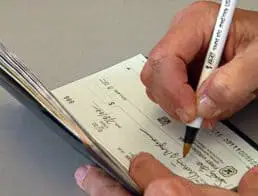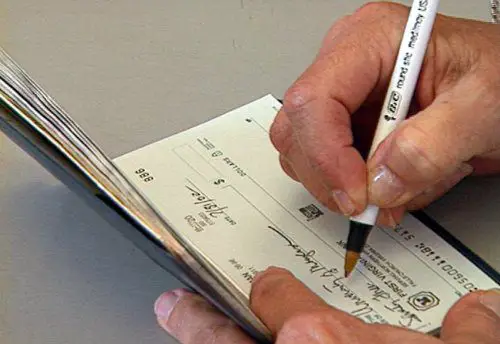Have you ever felt that, in your job or in your personal life, your efforts were just not being recognized? Perhaps you’ve found yourself working very hard to solve a problem that no one else is noticing, or to keep things running smoothly and everyone takes it for granted. It’s certainly safe to say you’re not alone.
These feelings are also similar to what it’s like when a financially responsible adult cannot build their credit score due to their financial data being ignored.
Right now in the US, there are 92 million Americans who have little-to-no credit history; 67 million more have a “thin” credit file; and 25 million are “credit invisible.” The majority of those who make up these millions are young or new to credit, recently widowed or divorced, Hispanic or African American, recently immigrated, etc. These individuals may be paying their bills on time and being responsible with their finances, but the traditional credit score ignores some vital pieces of information that could make these individuals scorable.
The inclusion of alternative data on credit reports could mean 90% of those who lack credit can finally have an accurate credit score. Data such as utility payments, phone payments, rental payments, and banking transaction history should be included if we want to open up a pathway to credit to every American. Not only would this data make virtually everyone scorable, but almost half of this demographic would prove to be prime or near prime borrowers.








